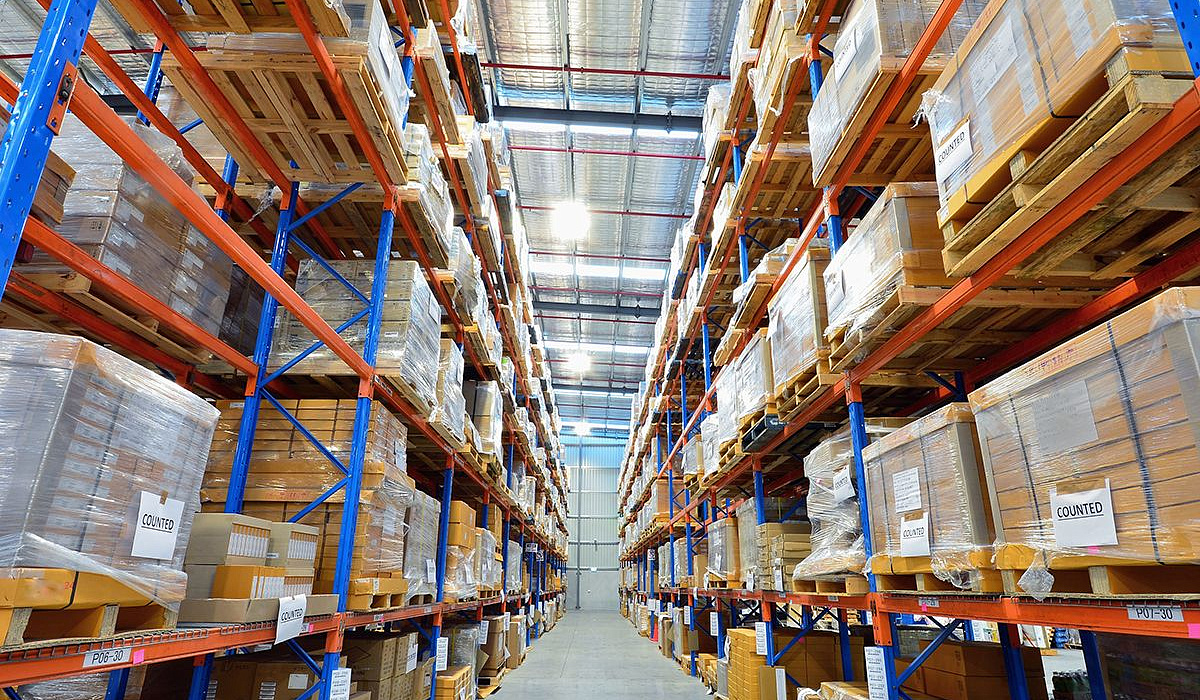The need for warehouses for storing goods is experienced by many industrial and commercial companies. Businesses have to choose between renting space and safekeeping. These services are very different.
The difference between secure custody and rent
Storage of goods is the transfer of cargo to a third-party company for temporary storage for a fee. In this case, the company that accepts the goods for safekeeping is responsible for the safety of the goods. At the same time, in addition to storage services, the company provides a full range of services for warehouse cargo handling (loading/unloading, sorting, stickering, palletizing, warehouse accounting, etc.)
Warehouse rental is the transfer of premises by the lessor for temporary use to the tenant.
The tenant is responsible for the safety of the cargo. At the same time, Kronex Company LLC compares favorably with other tenants in that customers who rent a warehouse can also count on a full range of warehouse handling services.
The difference between renting and responding storage is this:
1. When renting premises, you need to pay for their entire area. In case of responsible storage, only the volume actually occupied by the goods in multiples of days is paid.
2. Rental of premises requires additional investments for loading and unloading operations, machinery and equipment, remuneration of personnel and other operations. During storage, all additional services are already included in the contract, and the necessary conditions for the maintenance of goods have also been created.
3. In case of damage or loss of goods in the leased premises, the tenant suffers losses. When responding the company offering the service is liable.
Rent for a warehouse and placement of material assets for safekeeping require the conclusion of an agreement. The document specifies the services provided and their cost.
When is it recommended to rent a warehouse
Under certain circumstances, renting becomes a preferred service. It is worth taking advantage of its capabilities in the following situations:
- when there is no need for special conditions for the maintenance of products;
- at lower handling costs relative to response response costs;
- with the specificity of storage and processing of goods;
- when there is no need to handle the cargo;
- in cases where the product does not turn around quickly.
When to select reply
Storing goods in a warehouse has its advantages. It is popular and in demand among large and small companies. This service becomes beneficial in the following circumstances:
- high product turnover, i.e. the goods do not stay in stock for a long time.
- the company does not have loaders, warehouse equipment, storekeepers.
- seasonality of the business, when there is no need to rent a warehouse for a couple of months.
- when consolidating goods or packaging them.
The need for a warehouse secure storage occurs if the available storage space is not enough for a large batch of products.
Output
Each of the forms has its own characteristics. In business, everything is individual, and the entrepreneur needs to carefully assess his capabilities and needs. The choice depends on the volume of goods, the conditions of their maintenance, the degree of stability of the cargo flow and other factors.









Comments